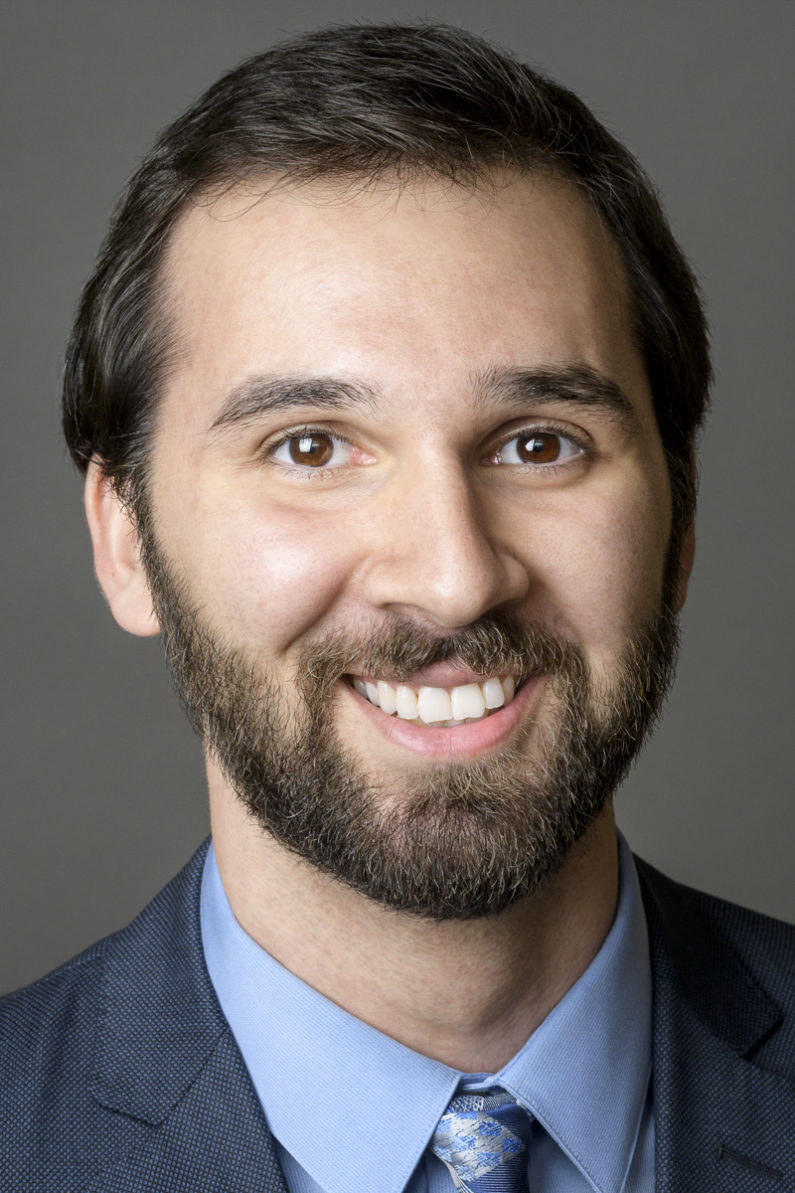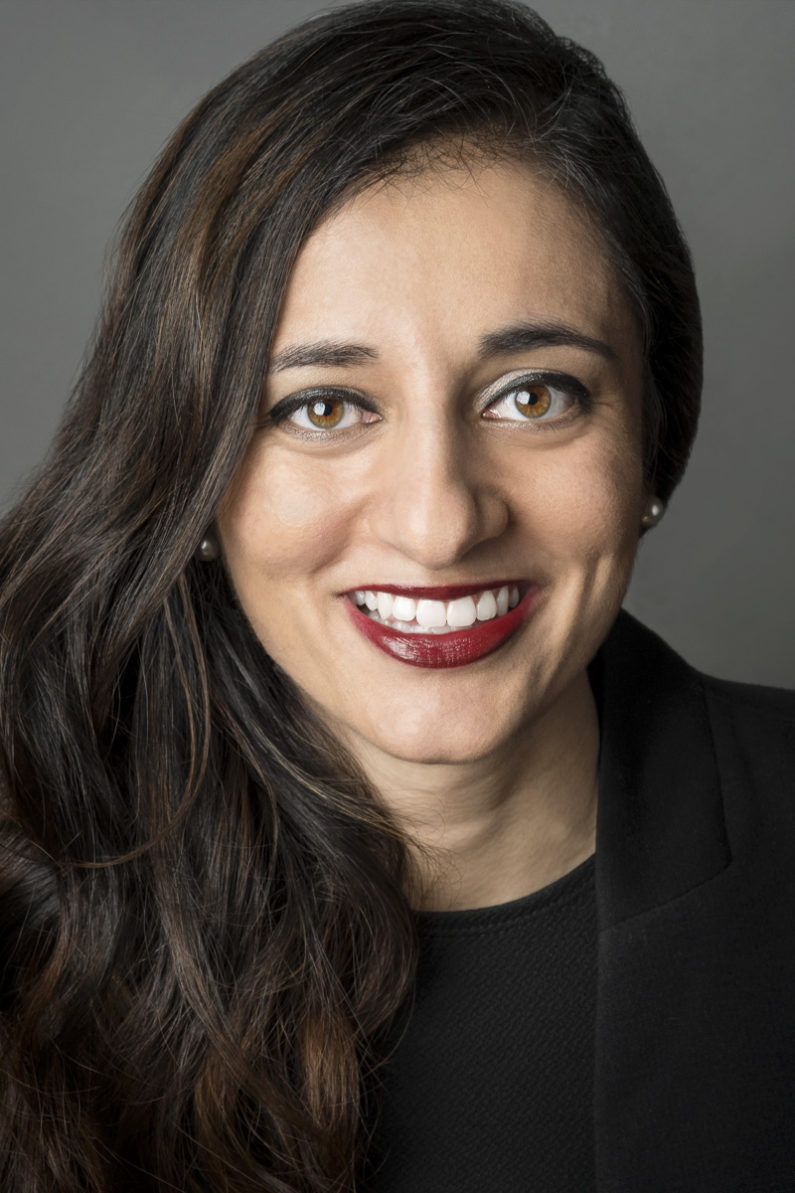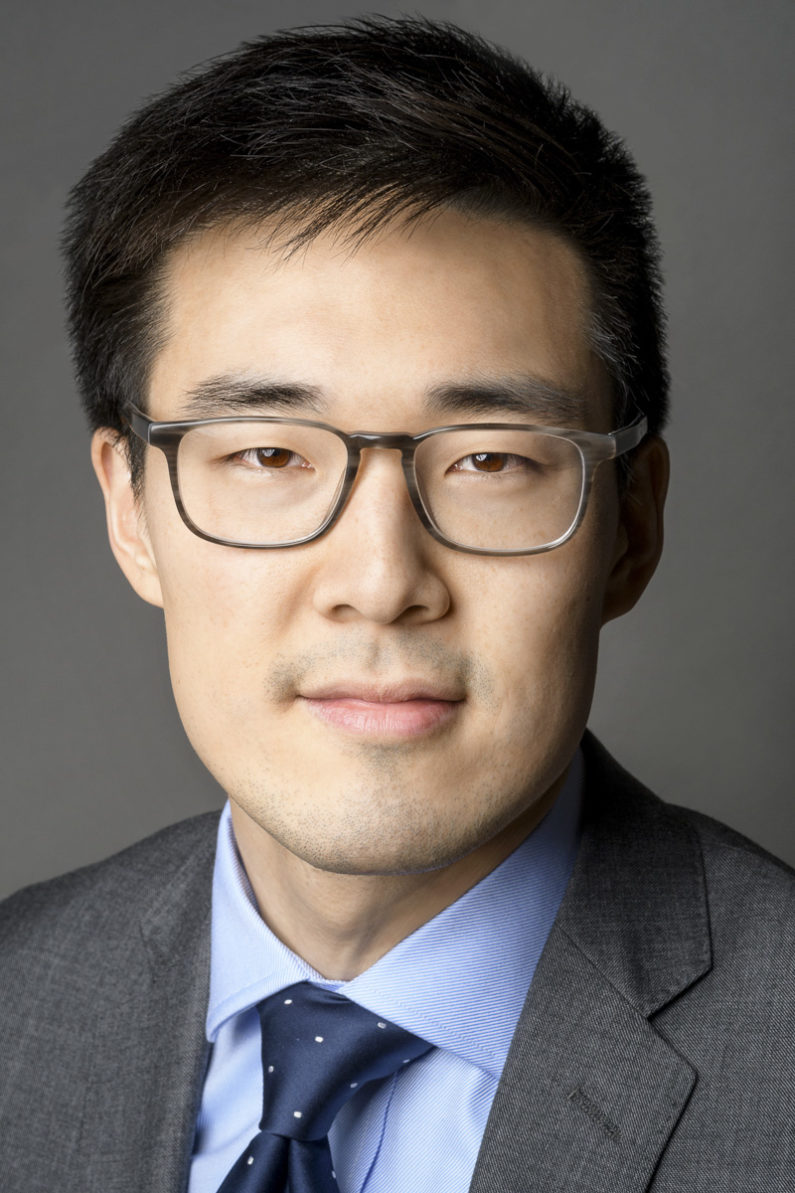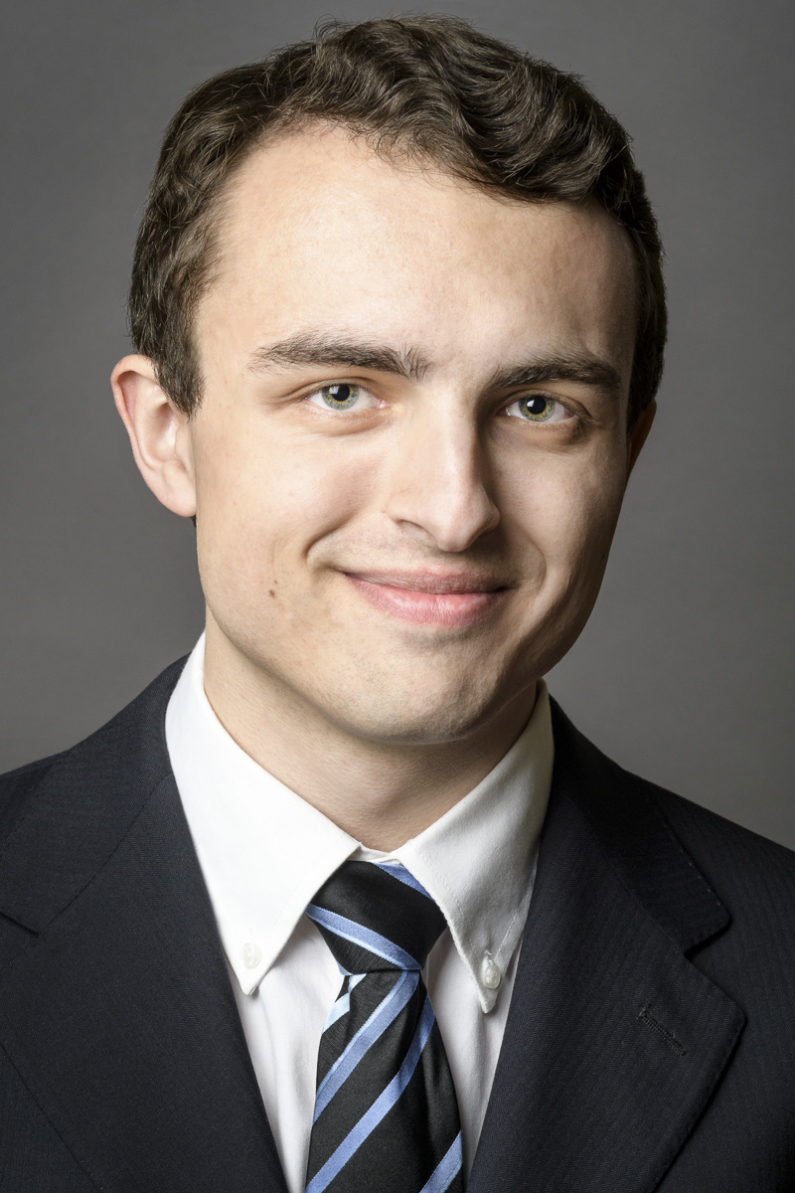Four Stanford alumni awarded 2017 Soros Fellowships for New Americans
Four Stanford alumni have been awarded Soros Fellowships, which provide financial support for study in any degree-granting graduate program in any field at any U.S. university. Soros Fellows are immigrants and the children of immigrants who are chosen for their creativity, initiative and sustained accomplishment.
Four alumni with bachelor’s degrees from Stanford are among the 30 people who recently received 2016 Paul & Daisy Soros Fellowships for New Americans.
The four alumni include a medical student who is also pursuing a doctorate in bioengineering and three students pursuing degrees in business, law and experimental physics at Harvard University.
The late Paul and Daisy Soros, Hungarian immigrants and American philanthropists, established the program in 1997 and awarded the first fellowships the following year. The couple wanted to give back to the country that had given so much to them and their children, to address an unmet need by assisting “young New Americans at critical points in their educations” and to call attention to the extensive and diverse contributions of immigrants to the quality of life in the United States.
Each fellow receives tuition and living expenses that can total as much as $90,000 over two academic years. Recipients can study in any degree-granting graduate program in any field at any university in the United States. Immigrants and the children of immigrants, they are selected based on merit, with an emphasis on creativity, originality, initiative and sustained accomplishments.
Amin Aalipour will use the fellowship to support his work toward an MD/PhD in Stanford Bioengineering, an interdisciplinary program that resides jointly in the School of Engineering and the School of Medicine. Currently, Aalipour is working to develop early cancer detection technologies and immunotherapies in the lab of Sanjiv Gambhir, professor of radiology and director of the Canary Center at Stanford for Cancer Early Detection.
Aalipour, who was raised in Southern California, is the son of Iranian parents who immigrated to the United States to pursue higher education. Inspired by his mother’s emphasis on mathematical problem-solving and his father’s demonstrations with electrical circuits, he developed an interest in the “how and why” of science. In high school, he joined a lab at the Scripps Research Institute, where he developed a passion for scientific research.
Four Stanford alumni have been awarded Soros Fellowships, which provide financial support for study in any degree-granting graduate program in any field at any U.S. university. Soros Fellows are immigrants and the children of immigrants who are chosen for their creativity, initiative and sustained accomplishment.
At Stanford, Aalipour, who earned bachelor’s and master’s degrees in management science and engineering in 2014, studied how engineered nanomaterials interact with living cells. He co-authored six publications, including three first-author papers, and earned the Barry M. Goldwater Scholarship in 2013 for his work in the lab. His work in a lymphoma clinic and as an HIV counselor inspired him to think about the medical applications of research and led to his decision to become a physician-scientist.
Ellora Thadaney Israni will use the fellowship to support work toward a law degree at Harvard Law School. She hopes to leverage the intersection of technology and law to change the way we define and deliver justice in the United States.
Israni, who was born and raised in the Bay Area, often returned to Poona, India, where her grandparents lived. Her parents, both Indian immigrants, were themselves children of immigrants – Hindu refugees who fled to India.
At Stanford, she co-founded the university’s first conference for women in technology, she++. The conference has since grown into a nonprofit organization that supports chapters of young women in engineering around the world. The award-winning “she++: The Documentary,” is currently touring with the U.S. Department of State’s American Film showcase.
After graduating with a bachelor’s degree in computer science, Israni moved to New York City, where she worked as a software engineer for Facebook. She helped start the company’s civic engagement efforts to give people on the platform a voice in public affairs. Her team helped 2 million Americans register to vote in 2016. Israni also led Facebook efforts in New York City to build, grow and support diversity in engineering.
Peter Hong will use the award to support work toward a master’s in business administration at Harvard Business School.
A child of South Korean immigrants, Hong was born in Colorado and raised in Michigan. He attended school during the day, and after school followed a rigorous curriculum in Korean culture and language developed and taught by his parents. At 17, he used his language skills and cultural knowledge as an intern for the U.S. Embassy in Seoul.
Hong, who earned a bachelor’s degree in political science in 2012, was named an undergraduate honors student by the Center for International Security and Cooperation. His thesis was Evaluating Multilateral Nuclear Approaches in Policy and Practice. He was also active in the Stanford Journal of International Relations and Stanford in Government, a nonpartisan, student-led affiliate of the Haas Center for Public Service.
He took extended leaves as an undergraduate to intern at Google, the U.S. Department of State, the Los Alamos National Laboratory and the Lawrence Livermore Laboratory. Hong said the experiences provided insights into ways that software and policy could manifest in public service, and culminated in him joining Palantir Technologies. As a software engineer, Hong began developing software products that could help with everything from disaster response data sharing to approachable geospatial analysis tools.
Andrey Sushko will use the award to support work toward a doctorate in experimental physics at Harvard, where he is working to advance controllable, engineered quantum systems by leveraging techniques from both condensed matter and atomic, molecular and optical physics.
Born in Saint Petersburg, Russia, Sushko moved to London with his parents as a child, but returned to Russia every summer to spend time with family. He moved to Richland, Washington, as a teenager. In high school, he developed an electric motor that gained national recognition at the Intel Science Talent Search.
Sushko, who earned bachelor’s degrees in physics and in mathematics in 2016, was awarded the 2015-16 Award for Excellence in Honors Thesis Presentation by the Physics Department. He was also awarded a 2016 Deans’ Award for Academic Achievement.
As the chief designer for the Stanford Student Space Initiative high-altitude balloons group, Sushko guided his team through three complete redesigns to produce a latex balloon that helped the vehicle fly 10 times longer than typical flights.
International scholarships
Stanford students interested in overseas scholarships and Stanford faculty interested in nominating students for such awards should contact Diane Murk, manager of the Overseas Resource Center at dmurk@stanford.edu, or John Pearson, director emeritus of the Bechtel International Center, at john.pearson@stanford.edu.




